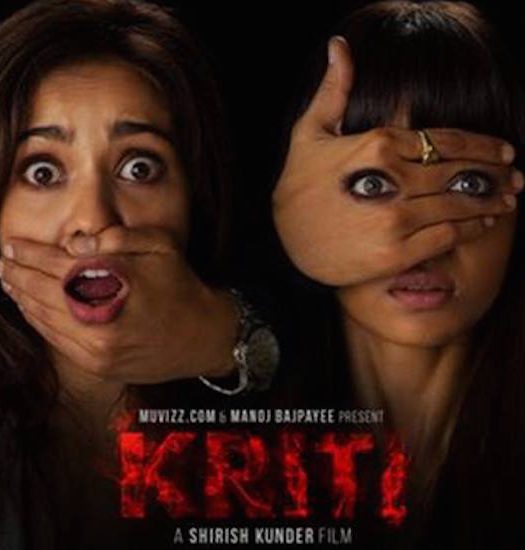Acting is a condensed form of reality
He appeared alongside Sridevi in the comedy drama English Vinglish, and also received critical acclaim for his role in Lessons in Forgetting at the New Jersey Independent South Asian Cine Fest. We are talking about the actor from Assam, Adil Hussain who perfectly balances mainstream cinema as well as independent films. He has worked in international films like The Reluctant Fundamentalist and Life of Pi apart from stage and television as well. He spills the beans on his role in Partho Sen-Gupta’s Sunrise that is a heart-wrenching tale of a man coping with the loss of his child.

Adil Hussain
What makes Sunrise different from other films with similar subjects?
I am aware that lots of films have been made on this subject. And I have also been asked to act in a few of them. What makes it different is that Sunrise focuses on the parent’s trauma. It is not so much about the mafia and who runs it or how, but is in fact about the chain of events before the mafia enters the screen. This film tells the story of the parents who have lost their child/children and their personal struggle with the lack of closure that drives them insane. The film also narrates their emotional trauma. The entire film is technically set in the night in the rain in Mumbai and is shot by a brilliant cameraman from France. The treatment in the film is such that it takes the viewer through the story in a few words. I am the lead and I barely speak 12 words. It is all about the inward journey of the father and the mother partially and their loss, pain, anger, anguish. And I don’t think many films touch on this aspect.
READ: PARTHO SEN-GUPTA’S SUNRISE OPENED TO GREAT REVIEWS AT FILM FESTIVALS
The film is quite dark and your character goes through a lot of mental stress. How did you prepare for the role? Was it then easy to come out of it?
Well, the script came to me in 2008 and we were supposed to start shooting then but the the recession set in and the film got shelved. So since then the film was written and revised and I was constantly in touch with the script thanks to the director. That essentially helped me as I was thorough with it by the time we started shooting. It is actually a very well written script. And the thing that I told myself was that I will not think about how I should portray the role, unlike all the other times. Most of the times actors think about what to do and how to play the role, which I chose not to do this time. So my role came very naturally. And getting out was easy as I just dropped it once it was over.
Did being a father yourself further help you portray the plight of a helpless father?
I guess so. But I don’t know because actors don’t necessarily have to experience all that they have to portray. Maybe it becomes stronger but then again acting is make believe. And it is a form of art that replicates reality. It is not reality. I think it is almost the difference between a tree and a bonsai. Everything is there but it is not natural. Just like the bonsai is true but not natural. So is acting.
READ: ACTING DID NOT START AS A PROFESSION , IT STARTED AS LOVE

With Director Partho Sen-Gupta
What in particular attracted you to the story?
I found the script amazingly challenging because there are very few scripts that I have encountered so far that deal with this side of the story. Secondly this story was said in very few words. And I totally believe that cinema should have less words and more visuals as it is a visual medium indeed. Not to say that dialogues don’t serve well. I love them as well. But I have never done such a film so it was more interesting. The chronological events in the film are such that you cannot tell if it is in his head or real.
READ: THE STORY OF ONE LAST QUESTION RESONATES WITH ME AS A I GREW UP THERE
Why the name “Sunrise”?
There are many ways to interpret the title but I think it is the sun that never rose in their life and they were waiting for it. Or it could also be that the film is shot at night and there is finally a sunrise.
Do you think we need more films on topics like these?
I think it is important for filmmakers to talk about events in the contemporary world. And slowly they are being made. People are making issue-based films but it is very subjective and everyone has their own way of looking at such issues. And going deeper into the root of such issues.



